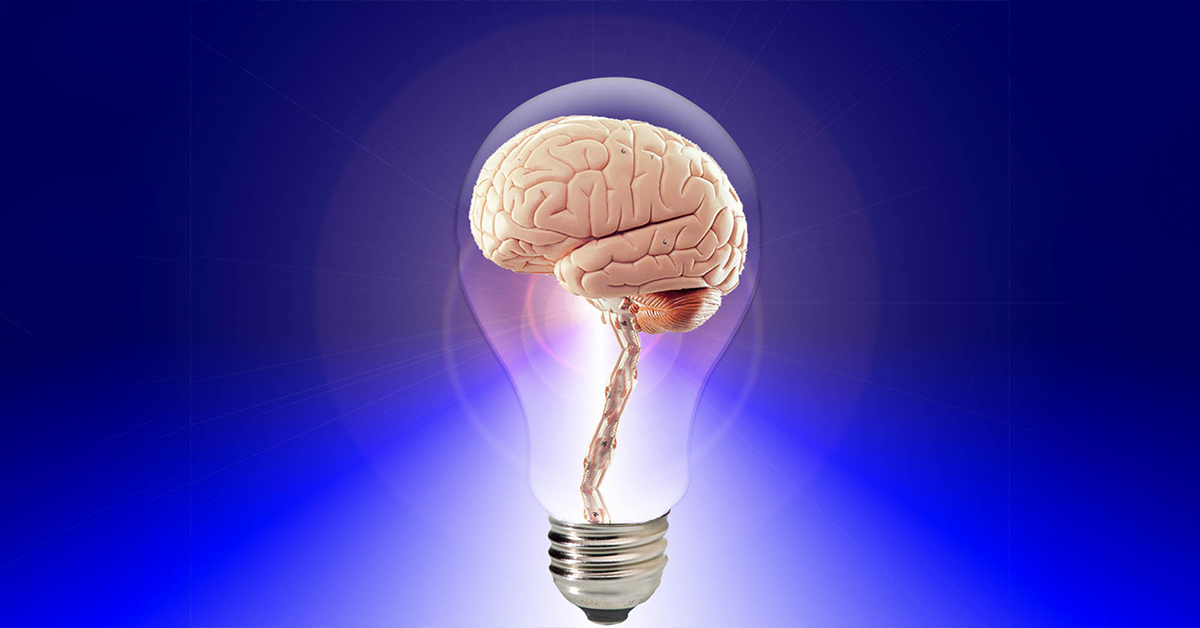Request an Appointment
Please call our office at 816-363-2500 to make an appointment. Don’t forget to bring your imaging studies with you.
Colloid Cyst

What is a Colloid Cyst?
A colloid cyst refers to a collection of thick gelatinous fluid within a cyst that is present in the brain. It is often found in front of the third ventricle of the brain, just behind the foramen of Munro, which is an opening in the base of the skull.
The colloid cyst is lined by epithelial cells. They can range from being very small to rather large, thus causing symptoms. Even though they may be present at birth, they usually present later on in life.
What causes a Colloid Cyst?
Colloid cysts are rare and are diagnosed later in life, even though they are present at birth. A colloid cyst is considered to be the remnant of an embryonic structure that is formed during the development of the brain.
Symptoms and Diagnosis
Smaller cysts rarely cause symptoms, but larger ones can cause headaches and obstruction to the flow of cerebrospinal fluid. A colloid cyst is often discovered as an incidental finding during a scan, and some patients may present with symptoms such as early morning headaches. These headaches are caused due to features of obstruction within the brain such as hydrocephalus. Patients may also have nausea and vomiting, and may have short term memory loss and trouble walking.
Most cases are best diagnosed by a CT scan of the brain. This helps locate the cyst, and also gives the treating doctor an idea of the size and contents of the cyst. In some cases, MRI scans may be performed to help delineate the cyst. Lumbar puncture test should be avoided.
How are Colloid Cysts treated?
Surgical treatment is usually the way forward in the event of development of hydrocephalus or if the patient deteriorates clinically due to the colloid cyst being large enough to cause obstruction to the circulation of cerebrospinal fluid. The fluid is drained from the cyst, or decompressed, and the cyst is removed entirely. There are different approaches to this, and the surgeon will decide how best to proceed.
Following the treatment, patients generally recover reasonably well. Some surgical procedures may be complicated by the development of epilepsy, infection, loss of memory and occasionally weakness of one side of the body, which is called hemiplegia.

 The Highest Quality of Neurosurgical Care
The Highest Quality of Neurosurgical Care